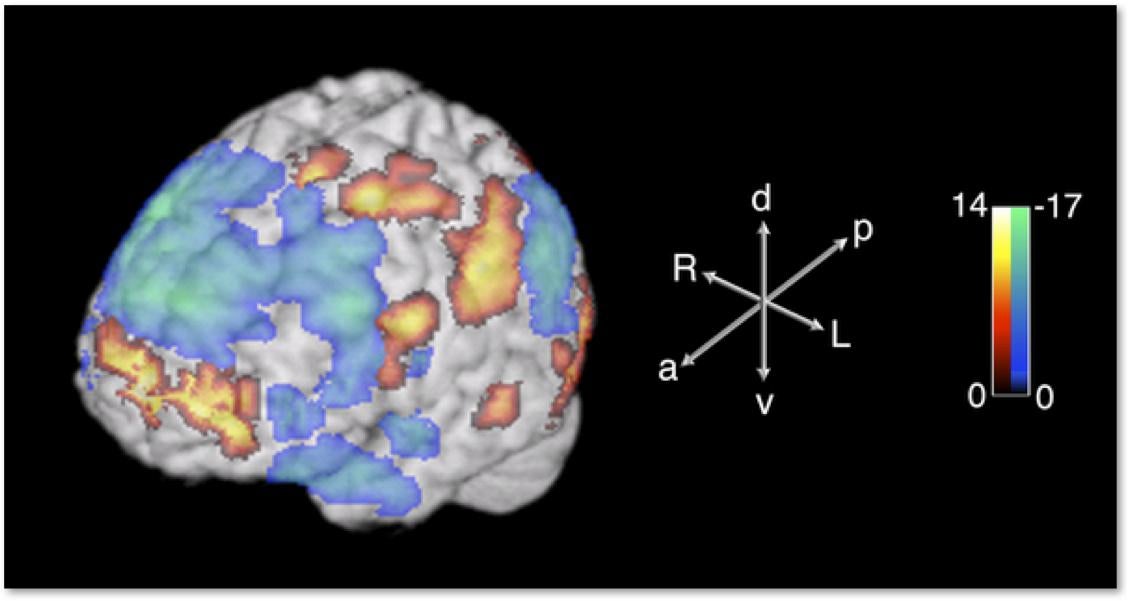CML LAB MEMBERS
Doctoral Students
Lab Alumni (Current Positions)
- James D. Fidlon, PhD, Austin Classical Guitar
- Martin Norgaard, PhD, Georgia State University
- Richard Rose, PhD, Miami Dade College
- Peter Stoltzman, DMA, University of Colorado at Denver
Given its extraordinary cognitive, perceptual, and motor sequencing demands, improvised jazz is rare among creative forms of artistic expression. In order to manage the constellation of performance requirements that are part of every improvisatory experience, expert jazz musicians engage a broad range of highly developed, finely tuned, and flexible intellectual and physical skills. Improvisers are challenged with an ongoing stream of decision points, all of which require monitoring of multiple perceptual inputs and near instantaneous response generation. Once made, the choices are indelibly externalized in sound, and they become part of the stream of inputs to which the performer must then respond.
Despite this complexity, highly skilled improvisers routinely describe feelings of effortlessness while playing jazz. How could something as complex as jazz improvisation possibly feel effortless? And how are the skills that support expert levels of improvisation acquired, developed, and optimized?
We are currently investigating these questions through a combination of original research and an interdisciplinary review of literature encompassing all aspects of creativity and motor learning, including the psychological foundations and neural substrates of skilled performance. A primary focus of our research is the complex of cognitive components involved in improvisation, including the characteristics of idea generation, the relationship between mental representations of music and physical production, and the processes engaged in planning. Our approach is premised on the notion that understanding the ways that expert jazz musicians think while improvising will lead not only to more effective instructional methodologies in jazz but also to a deeper understanding of the processes underlying human cognition.
There is a demonstrated need to expand our theoretical and practical understanding of the nature of improvisational performance, given its vitality as a contemporary art form and its growing presence in educational settings at virtually all levels of instruction. The study of jazz represents a rich opportunity to examine the nature of expertise in a highly dynamic musical setting. Our research promises to make meaningful contributions to the field of jazz studies and, more broadly, to our understanding of human creativity.

SELECTED Papers
Norgaard, M. (2017). Descriptions of improvisational thinking by developing jazz improvisers. International Journal of Music Education, 1-13. [pdf]
Adhikari, B., Norgaard, M., Quinn, K., Ampudia, J., & Dhamala, M. (2016). The brain network underpinning novel melody creation. Brain Connectivity, 6, 772-785.
Norgaard, M. & Taylor, C. F. (2016). Eclectic styles and improvisation in school orchestra performances. String Research Journal, 7, 45-51.
Norgaard, M., Emerson, S. N., Dawn, K., & Fidlon, J. (2016). Creating under pressure: Effects of divided attention on the improvised output of skilled jazz musicians. Music Perception, 33, 561-570.
Norgaard, M. (2014). How jazz musicians improvise: The central role of auditory and motor patterns. Music Perception, 31, 271-287.
Norgaard, M., Spencer, J., & Montiel, M. (2013). Testing cognitive theories by creating a pattern-based probabilistic algorithm for melody and rhythm in jazz improvisation. Psychomusicology: Music, Mind, and Brain, 23, 243-254.
Norgaard, M. (2011). Descriptions of improvisational thinking by artist-level jazz musicians. Journal of Research in Music Education, 59, 109-127. [pdf]

